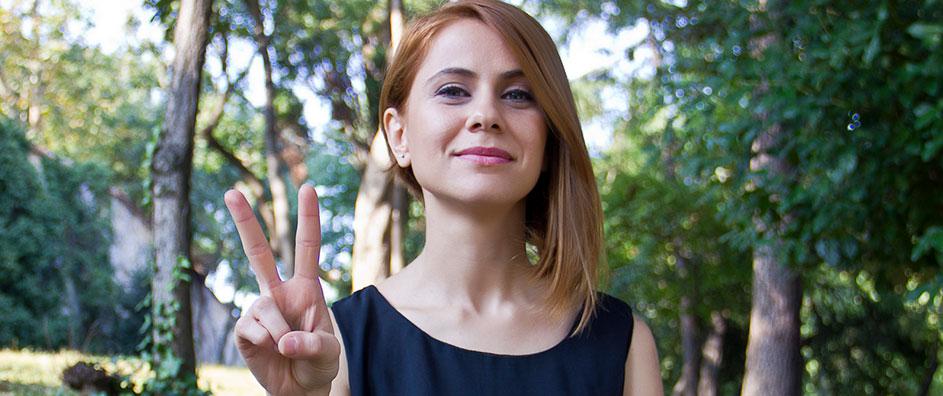In an increasingly tumultuous world, the pursuit of peace has become not just a noble aspiration but a profound necessity. The Bahá’í teachings offer a compelling framework for individual action aimed at promoting peace within oneself and extending that peace into the wider community. This discourse delves into various methods individuals can employ to foster an enduring state of harmony within their lives and their surroundings.
One foundational approach in the Bahá’í teachings is the cultivation of an internal sense of peace. Self-awareness and reflection play pivotal roles in this process. Engaging in regular introspection can help individuals identify their emotions, thoughts, and behaviors that may disrupt their inner tranquility. Practices such as meditation, prayer, or quiet contemplation can foster a deeper understanding of oneself, leading to greater emotional resilience. Through this internal exploration, individuals are likely to cultivate a sense of equanimity that can ripple outward, positively affecting their interactions with others.
Furthermore, the embodiment of virtues is paramount in the Bahá’í perspective on personal peace. Attributes such as compassion, humility, and forgiveness not only enhance personal development but also contribute to social harmony. When individuals cultivate these virtues, they equip themselves to respond to conflicts and challenges with grace and understanding. For instance, practicing forgiveness allows one to release grudges and promote reconciliation, thereby alleviating interpersonal tensions. In essence, the demonstration of virtuous behavior creates an atmosphere conducive to peace, encouraging others to adopt similar values.
In the realm of external interactions, the Bahá’í teachings emphasize the importance of constructive communication. The manner in which individuals converse can either mitigate or exacerbate conflicts. Active listening is an essential component of effective dialogue. By genuinely seeking to comprehend another’s perspective, individuals can foster a climate of mutual respect and understanding. This respectful exchange of ideas can dispel misunderstandings and create strong foundations for peaceful relationships. Moreover, the use of kind and respectful language can further diffuse tensions, solidifying the bonds that connect diverse individuals.
Moreover, fostering a sense of community plays a vital role in the pursuit of peace. The Bahá’í teachings emphasize the significance of unity and cooperation among diverse groups. Individuals are encouraged to engage in community-building activities that promote inclusivity and understanding. Volunteering for local initiatives, participating in interfaith dialogues, or simply reaching out to neighbors can forge connections that transcend cultural and ideological divides. Such interactions not only enrich individual experiences but also enhance communal resilience against social discord.
Education is another crucial element in the Bahá’í understanding of peace. An informed populace is more likely to act with empathy and understanding. Therefore, individual commitment to lifelong learning, including the exploration of diverse perspectives, can be a potent tool for fostering peace. Those who educate themselves about different cultures, histories, and beliefs cultivate a broader worldview. This expansive outlook engenders tolerance and acceptance, which are indispensable for peaceful coexistence. Additionally, promoting education within one’s community can raise awareness about social inequities and empower individuals to take collective action toward systemic change.
The practice of service to humanity is intimately woven into the fabric of Bahá’í teachings. Engaging in acts of service is a powerful method to foster peace both personally and communally. When individuals dedicate time and energy to uplift others, they contribute to a culture of selflessness and altruism. This shift in focus—from self-centeredness to a collective well-being—plays an instrumental role in reducing social strife. It is imperative for everyone to find avenues for service that align with their skills and passions, thereby ensuring that the contributions they make are both meaningful and impactful.
In addition to these internal and external methods, the promotion of justice is a key tenet in the Bahá’í approach to peacebuilding. Advocating for equity in social, economic, and legal domains fosters an environment where all individuals feel valued and respected. When justice prevails, tensions arising from perceived inequalities may diminish. Thus, it is incumbent upon individuals to cultivate a strong sense of responsibility and actively participate in efforts aimed at promoting justice within their circles of influence, whether through peaceful advocacy, activism, or dialogue. This commitment to justice is integral in creating a sustainable peace that withstands the test of time.
Lastly, embracing diversity is essential in the Bahá’í perspective on peace. Recognizing and appreciating the myriad distinctions among people—be it in terms of culture, belief systems, or life experiences—enriches the societal tapestry. Individuals should strive to approach diversity with an open heart and an open mind, shedding preconceived notions that can lead to hostility or division. Instead, celebrating differences fosters an enduring sense of unity, inviting collaboration among varied perspectives. This spirit of inclusivity not only enhances interpersonal relationships but also creates a robust fabric of understanding within society.
In conclusion, the Bahá’í teachings offer a comprehensive blueprint for individuals aspiring to cultivate peace, both within themselves and within their communities. By engaging in self-reflection, embodying virtues, communicating constructively, fostering community, committing to education, serving others, advocating for justice, and embracing diversity, individuals can contribute significantly to the establishment of a more peaceful world. The cultivation of these practices not only enhances personal fulfillment but also serves as a catalyst for broader societal transformation, affirming the interconnectedness of humanity. Each individual action, rooted in the principles of the Bahá’í faith, can collectively weave a narrative of peace in a world that yearns for stability and harmony.
